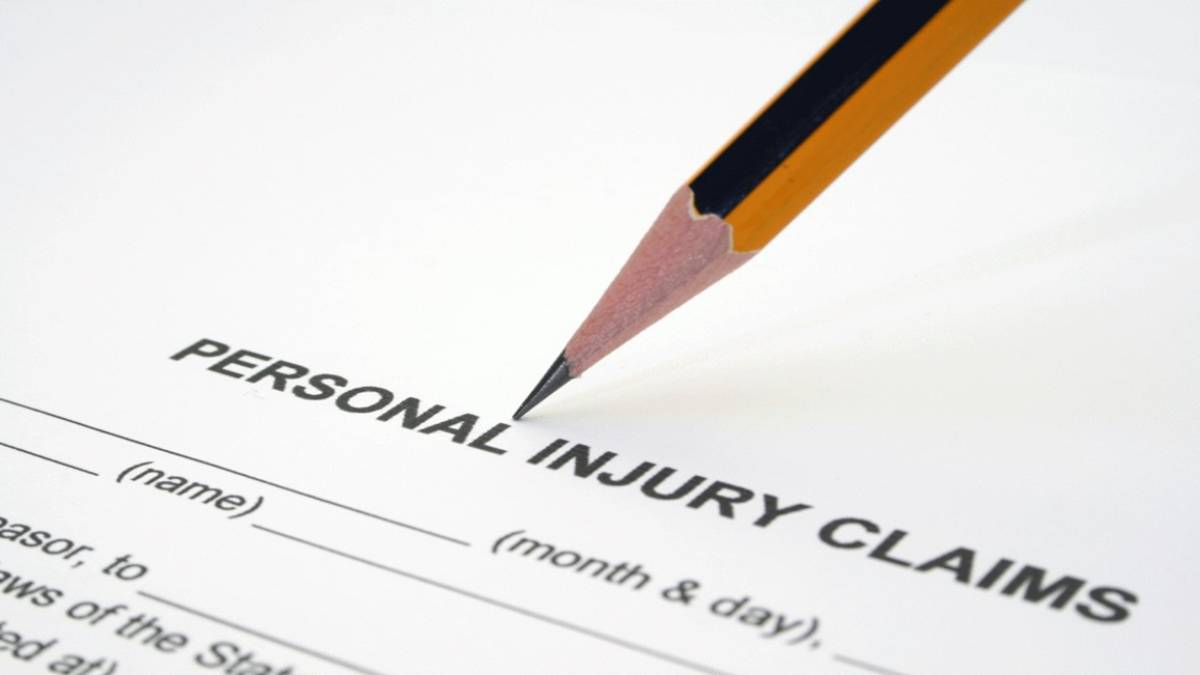Georgia Personal Injury Claims: Why Preserving Evidence is Important

In Georgia, a maximum of 2 years is given for filing a personal injury claim. That is two years from the date of the injury. But it’s best to lawyer up and file a case as soon as possible.
There are hundreds of thousands of personal injury claims filed every year in the United States. There are reports that about 4,945 crashes occur in a year in Marietta, Georgia, alone.
Marietta personal injury attorneys boast some of the best results when it comes to personal injury claims. They provide assistance in all aspects of a personal injury claim, including collecting and preserving evidence.
How much evidence do I need?
As much as you can gather. From receipts of repaired items to medical expenses, doctor’s reports, etc., you need to gather as much evidence as you can. The little things you can do to preserve evidence could go a long way toward giving credibility to your case.
What if, for some reason, I no longer have the documents that can serve as evidence?
In this case, your attorney might ask for a supplementary document to serve as evidence. If there isn’t sufficient evidence to prove your case, it might be dismissed entirely.
Also, this is another reason why you should get an attorney who knows their game. Your lawyer could send a letter of spoliation to prevent the other party from tampering with the evidence before investigators or the legal team can photograph and document it. Preserving evidence is essential to winning a case.
Which brings us to the essence of our article: Why should I preserve evidence?
1. To secure the credibility of your information
When you file a personal injury claim, you need to prove that someone else was responsible for your accident or injury and that you suffered damages as a result. To do that, you need evidence that supports your claim and shows the truth of what happened.
However, evidence can be fragile and vulnerable to change over time. That’s why it’s important to preserve evidence for personal injury claims. Preserving evidence helps you maintain the accuracy and integrity of your information. It prevents important facts from being lost, altered, or corrupted by time, weather, or human interference.
For instance, preserving photos of the accident scene can show the exact location, weather, traffic, and other factors that may have contributed to the accident. Likewise, preserving medical records and reports can show the extent of your injuries, the treatments you received, and how they affected your life. These details can make a big difference in your case, as they can help you establish liability, causation, and damages.
If you don’t preserve evidence properly, you may risk losing or weakening your case. You may forget or misremember some details, or the other party may try to dispute or destroy them. This can undermine your credibility and reduce your chances of getting fair compensation.
2. Evidence preservation helps you fight back
When you make a personal injury claim, you may face disputes or challenges from the other party. They may try to avoid responsibility, downplay your injuries, or break the link between the accident and the harm you suffered. To fight back, you need evidence that supports your claim and shows the truth.
Preserving evidence helps you keep your information solid and undeniable. For example, preserving witness statements and contact information lets you show what happened from the perspective of people who saw it. Also, preserving medical records and expert opinions helps you show how serious your injuries are and how they were caused by the accident, fighting any attempts to belittle them.
3. Building an unshakable case
Preservation of evidence helps your attorney and the defense team build a more compelling case to be presented to the jury.
A wise man once said, “A crime is only as true as the evidence that verifies it.” Well, I said that the wise man thing was only for effect, but it still stands. A fact is only as strong as the evidence that supports it. Preserving evidence is the first step to winning a personal injury claim.
